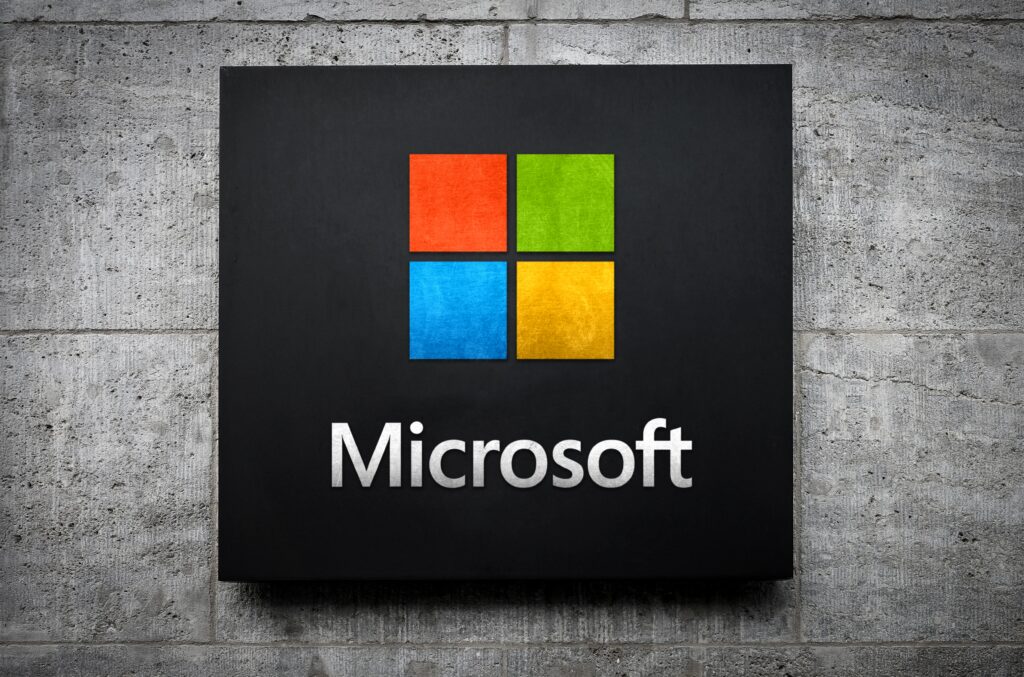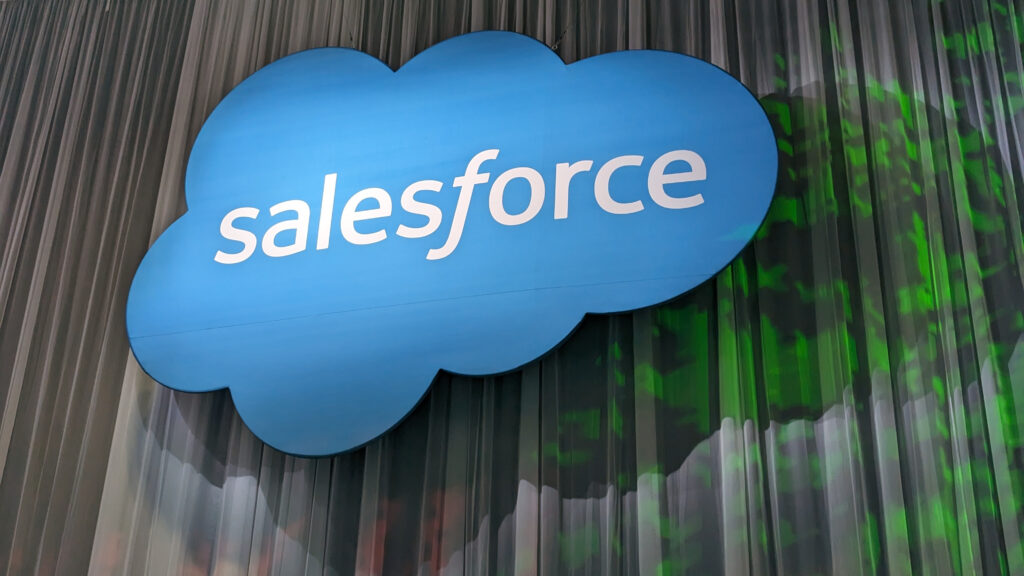Intuit, a global financial software and AI-driven business solutions provider, and Rehmann, an advisory and professional services firm focused on finance, accounting, and business consulting, are teaming up to deliver an AI-native ERP suite that consolidates multi-entity finance into a single, cloud platform, International Accounting Bulletin November 18 reports. Per the article, the partnership is built around Intuit Enterprise Suite and targets mid-market firms struggling with fragmented accounting and reporting environments.
Rehmann will reportedly implement Intuit Enterprise Suite for clients that need tighter control over multi-entity financials, more consistent reporting, and a smoother upgrade path from QuickBooks. The two companies position the suite as an integrated platform that automates common workflows and improves visibility across entities. Rehmann’s finance and accounting solutions principal Sharon Berman told the outlet the move is part of the firm’s commitment to enhanced financial clarity, agility, and long-term growth for clients.
Intuit Enterprise Suite spans financial management, payments, business intelligence, bill pay, payroll, project profitability tracking, HR, and marketing tools in a unified environment. Rehmann plans to rely on the system’s AI-driven capabilities to automate routine accounting work and surface irregularities in financial data. The partnership follows Intuit’s recent alliance with Cherry Bekaert, signaling a growing strategy to extend Enterprise Suite through advisory channels that serve mid-market businesses seeking ERP upgrades.
What This Means for ERP Insiders
AI-native automation is becoming the defining feature of modern financial ERP. Intuit Enterprise Suite’s role in automating routine accounting tasks and detecting financial irregularities shows how AI is becoming foundational to financial workflows that once relied on manual controls. This indicates future ERP differentiation will hinge on how AI is embedded into multi-entity processes rather than how broadly features are offered, reflecting a rising demand for embedded intelligence that simplifies governance across expanding organizational structures.
Unified cloud platforms are emerging as the mid-market’s preferred ERP foundation. With financials, payments, business intelligence, payroll, HR, and marketing delivered through one system, the partnership illustrates how mid-market clients increasingly value end-to-end cohesion over modular assembly. This trend pressures vendors and integrators to refine platform coherence, as lifecycle management and data consistency become increasingly essential to maintaining long-term customer confidence.
Ecosystem partnerships mean a competitive advantage in mid-market ERP expansion. Intuit’s collaboration with Rehmann, coupled with its recent partnership with Cherry Bekaert, reflects a strategy that relies on trusted firms to guide customers through modernization journeys and upgrade paths from tools such as QuickBooks. This suggests influence within the mid-market is shifting toward partners that can translate technological capabilities into operational clarity to deliver both technical depth and advisory credibility.





